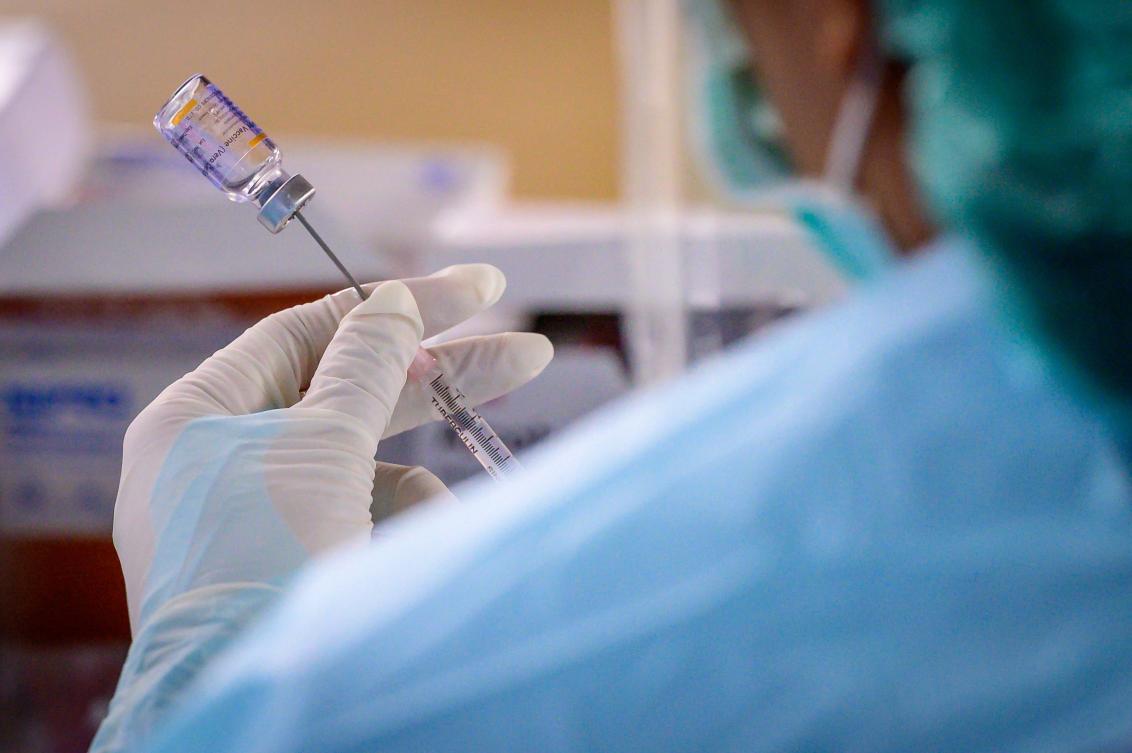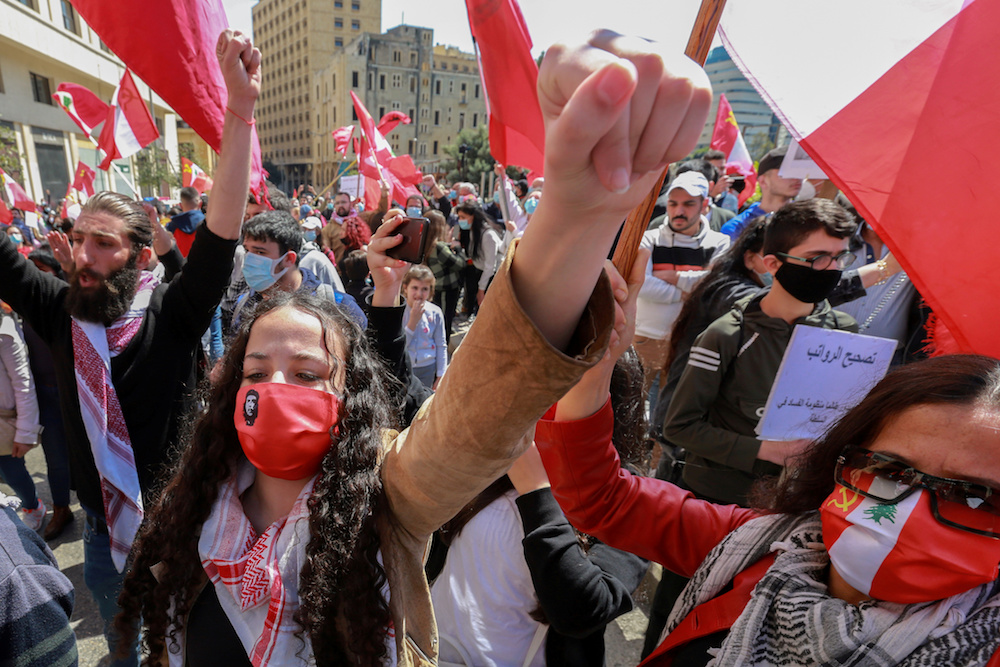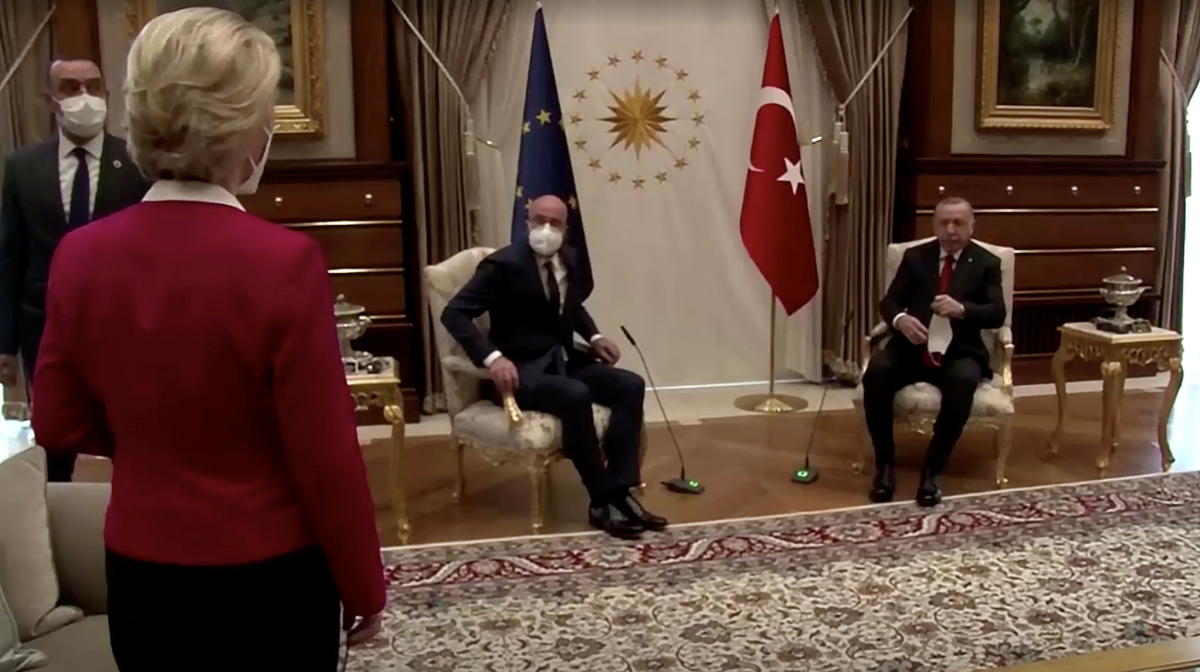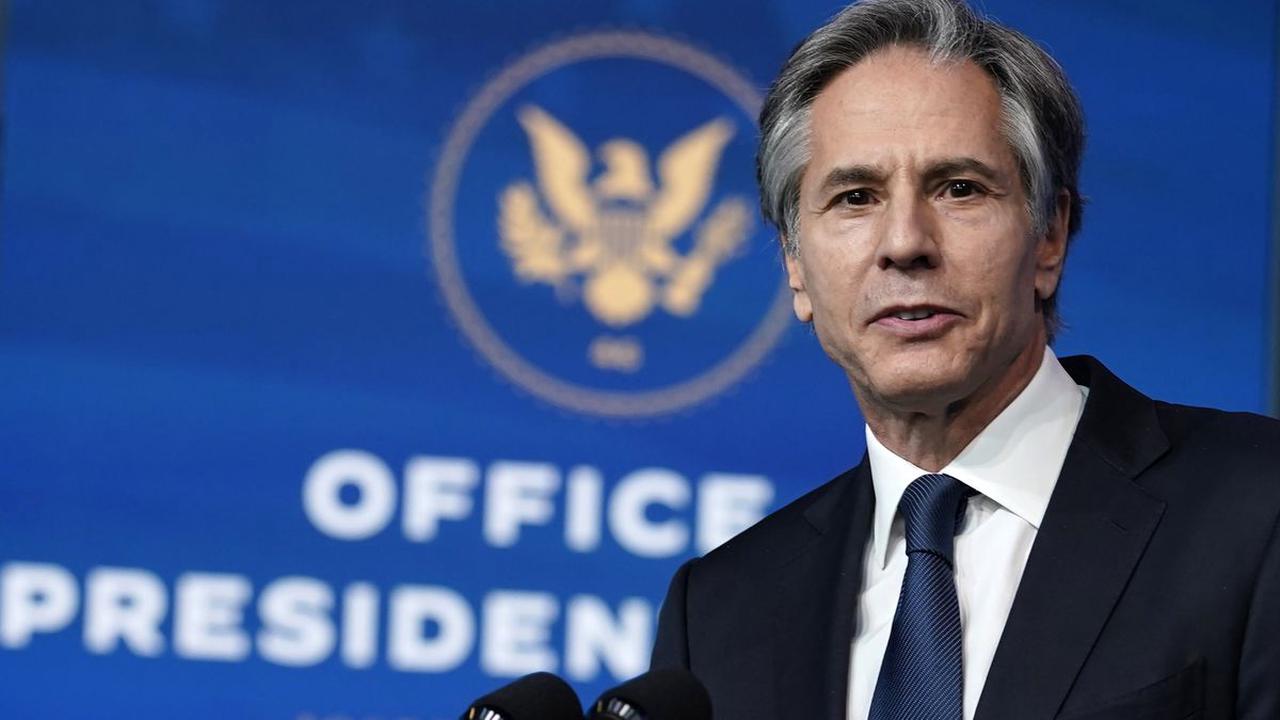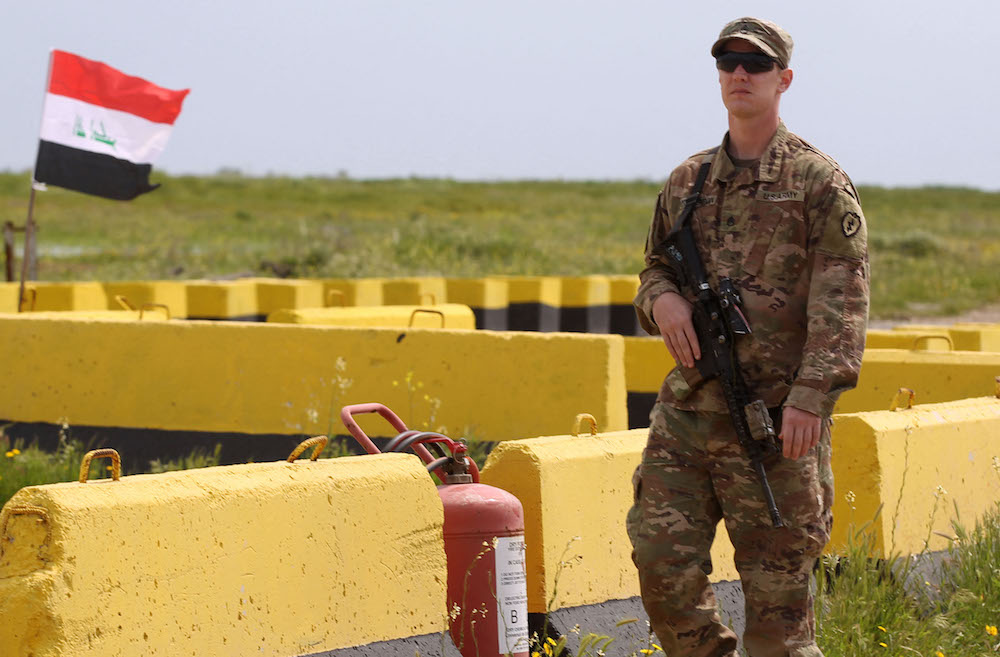BEIRUT: While the official ministerial committee in Lebanon continues to ponder the allocation of ration cards to 800,000 families before lifting subsidies on basic goods, parties have rushed to absorb their supporters’ resentment.
Hezbollah has issued ration cards for its supporters and partisans. “Alsajjad cards” enable their holders to get more than 50 percent off on food items, consumables, cleaning materials, and other goods from certain stores. The cards were severely criticized on social media by the party’s opponents.
Other parties have relied on wealthy supporters to secure financial aid for the needy through their private foundations. Other politicians have bought vaccines to inoculate their families and supporters.
The Free Patriotic Movement (FPM) told its supporters: “Difficult times are ahead, and chaos might prevail. We must remain patient and must not abandon our positions.”
The pressure has increased on non-partisan funds and associations, municipalities, and village committees to meet the needs of non-partisan people.
Political parties are aware of the importance of keeping their communities under control as the decision to lift subsidies comes closer, which will almost certainly lead to anger and violent protests.
Dr. Nasser Yassin, professor of policy and planning at the American University of Beirut, told Arab News: “When the economic collapse worsens, people start focusing on securing their biological needs: Food. And when food security becomes threatened, people might resort to any entity that can provide it.
“This is when parties become a safety source, regardless of people’s convictions. Political leaders also become a safety net for these people and new funders might emerge to secure people’s needs in such circumstances.”
He added: “However, this kind of security will not be enough to cover the needs when subsidies on basic items are lifted. No one can replace the state.”
Yassin said that “helping the Lebanese through the state in a transparent manner is the only way that would preserve their dignity,” fearing that the aid provided to the people now will later be exchanged for political favors.
He said: “Urging people to remain patient and resilient in the coming period will not be enough after lifting subsidies, where people will lack access to medicine, heating, and even bread amid the dramatic increase of prices.”
Activist Tony Nasrallah, a former FPM partisan, told Arab News: “Political parties are living in denial. They do not understand that the problem is structural and is not only about securing some vaccines here and some oil bottles there.”
He said: “In the speech he delivered on Wednesday about the forensic financial audit, the Lebanese President Michael Aoun was seeking to reassure his supporters as no government has been formed to implement the needed reforms.
“The majority of the FPM’s supporters are from the middle class, which has been severely affected by the financial collapse. The FPM partisans believe in every promise made by Aoun and FPM leaders.”
Nasrallah added: “However, FPM supporters have begun doubting and questioning these promises, when in fact the only solution they see is immigration.”
MP Osama Saad, head of the Popular Nasserist Organization, said that “leaders have led the country to the humiliation of ration cards,” adding: “but the people know how to defend their dignity.”
